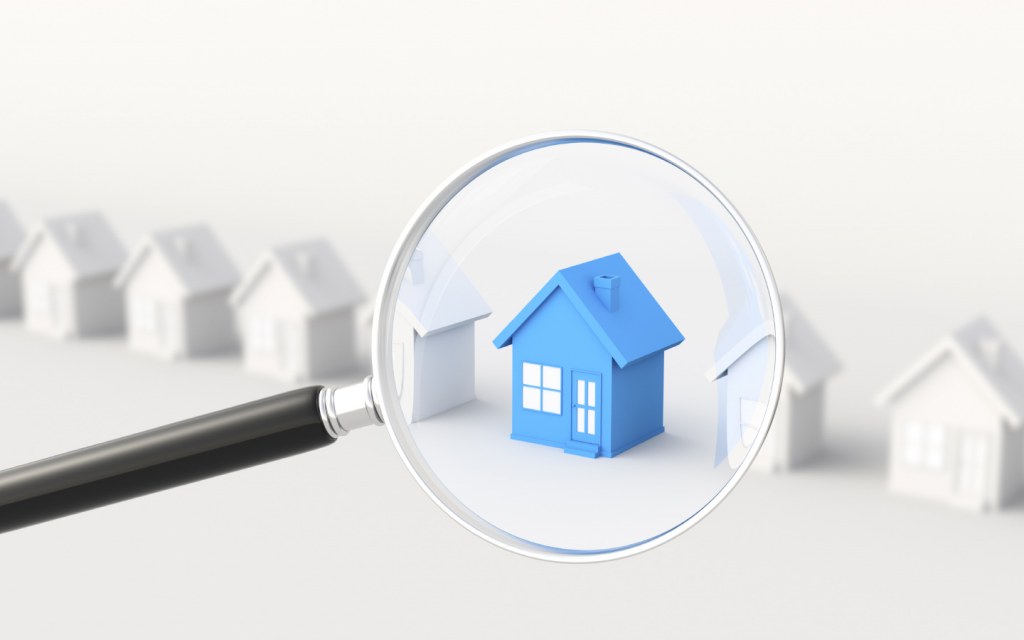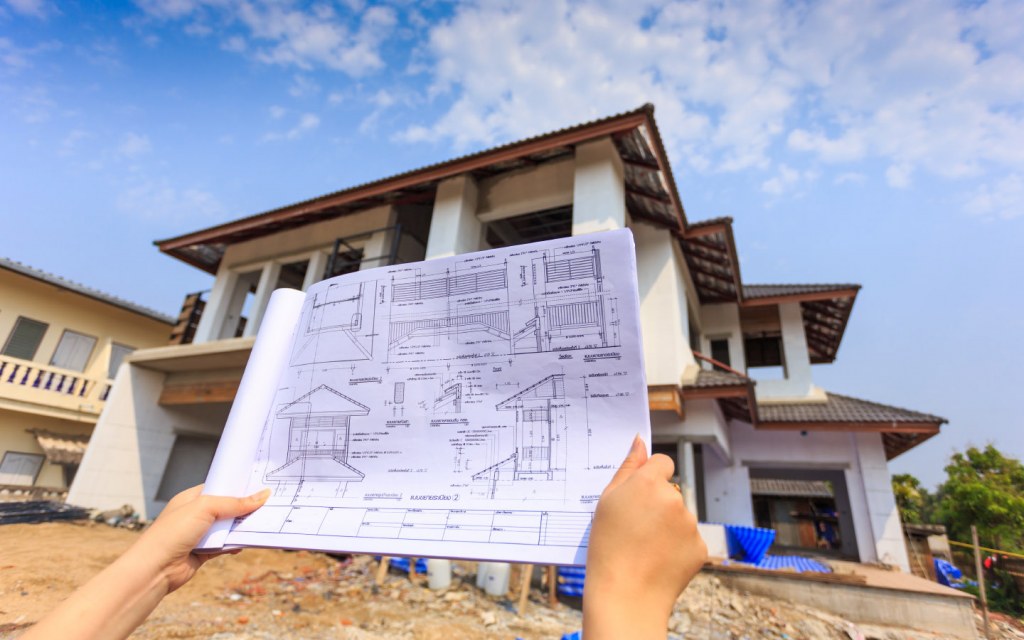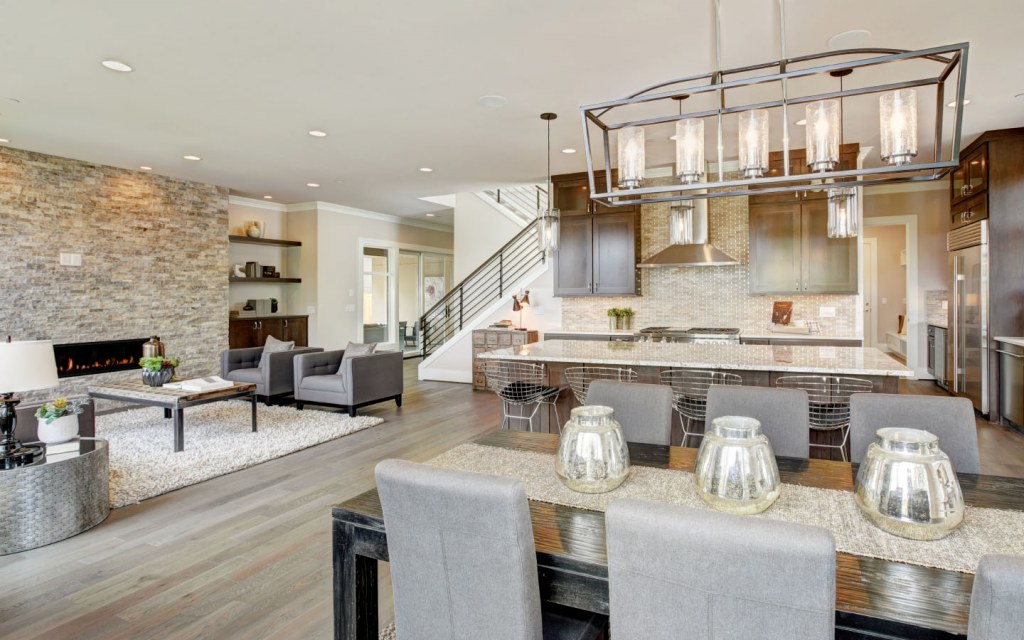Buying a house, for most people, is a decision that can break their bank. However, the same can also crack your back if you ignore the essential features to consider before buying a house. Given the financial and emotional impact of being a homeowner, people rightfully want to choose the perfect property for one of the most significant investments in their lives. Aside from referring to a first-time buyer’s guide for buying a house, you also need to consider what features you actually want the property to cater to and what your criteria are for choosing the best house.
So, to help you invest your money in the right property, we have compiled a list of all the essential features to consider before buying a house. Browse through this guide and zero-in on the property that meets your requirements.
Property Features to Consider Before Buying a House

Every homebuyer has a unique set of requirements, and as such, their own criteria for buying a home. You need to know yours to start the house-hunting process and choose the right property. To give you an idea about what you should keep in mind, here are some of the most essential features to consider before buying a house:
- Location
- Size
- Rooms
- Layout
- Age
- Price
- Condition
Now, let’s discuss all of these factors with respect to choosing the best house for your investment.
Location
Most buyers have a vague idea of where they want to live, but the location of your new house should ideally be determined by taking into account a number of factors. The property’s proximity to your workplace, your children’s school, your family and friends, commercial districts, public transport, and places of worship are some of the many things that should be convincing enough to motivate you to choose a particular district or neighbourhood for your investment. Other important considerations that might help you decide the right location include the safety and security of a neighbourhood, the crime rate, the noise levels, the traffic flow, the nearby recreational areas, and so on.
Size

Plot size plays a large part in helping you decide between two homes in the same price range. A larger plot will obviously be more spacious inside. Also, square or rectangular plots use up the space more efficiently than oddly shaped plots. The distance to the neighbour’s wall will also come into play here, determining the level of privacy you can enjoy while you sit on your front lawn in the evening. Larger plots, even when they have an undeveloped chunk, are generally preferred by investors looking for a home, as the open area gives them the freedom to convert the space for other purposes over time.
Rooms
One of the major things to consider before buying a house is the number of rooms inside the property. This is especially true for people looking to invest in 2, 3, or 4-bedroom flats. The number of rooms on offer is just as significant to a homebuyer, though, because larger or joint families will require anywhere between 3 to 6 or even more rooms to comfortably accommodate everyone without invading people’s need for privacy. You might also want an extra room as a study, as a children’s play area, or as a library, based on your needs.
In addition to the bedrooms, you’ll also need to focus on the number of bathrooms that a property is coming with. Families with kids will generally require more than one bathroom to accommodate a myriad of needs, while you might also want a convenient downstairs bathroom for your elderly parents or relatives. Sort through your requirements and determine which features you deem the most important before buying a house.
Layout

Stop debating over open vs. broken floor plans! Modern homes are available in both styles, and choosing the best home includes figuring out which layout works best for you. While some families enjoy an open and airy indoor, where they can entertain their guests while they cook, others might want more privacy in their central living spaces, especially if you want to stop small kids from unnecessarily entering the kitchen.
Age
Your criteria for buying a home should always consider the age of the property itself. You can determine how dated the development is by checking its year of construction. However, this is only relevant for buyers who are looking for an investment in both new and old homes. Older homes generally have a better quality of construction but will often require more maintenance and regular repairs with time, unless the current owner has been maintaining the property regularly. An easy guide to buying a used house can help you in making this decision.
Price

Price remains the most debated factor in any home-buying decision. Firstly, you should set your own budget with regards to the investment and then search the market for the right house accordingly. Once you have a property in mind, evaluate its pros and cons, and determine whether the asking price is justified. Remember to stick to your budget so you can make the down payment conveniently.
Condition
If you’re buying a used house from its current owner, scrutinise its condition and maintenance. Check for potential repairs and breakdowns as part of the things to consider before buying a house. Also, ask the owner about whether they have renovated and upgraded the house in the past and when. While some maintenance work might be cosmetic and easy to perform, others like a pest infestation, weak foundations, or a leaking roof, might be costly to fix. It is, therefore, important to understand the condition of the house before buying it.
Moreover, most people will only leave their family homes due to job relocations, international immigration, or financial trouble. It is generally advised to find out why the seller is eager to sell the property as their answer might give you a hint of whether they are simply selling the house because the upkeep is becoming too costly.
These are some of the primary features to consider before buying a house. These will help you find the right property for yourself and your family as per your requirements. Keep following Zameen Blog for more posts related to property investment. We’re reachable via email at blog@zameen.com for any queries or suggestions you might have.



